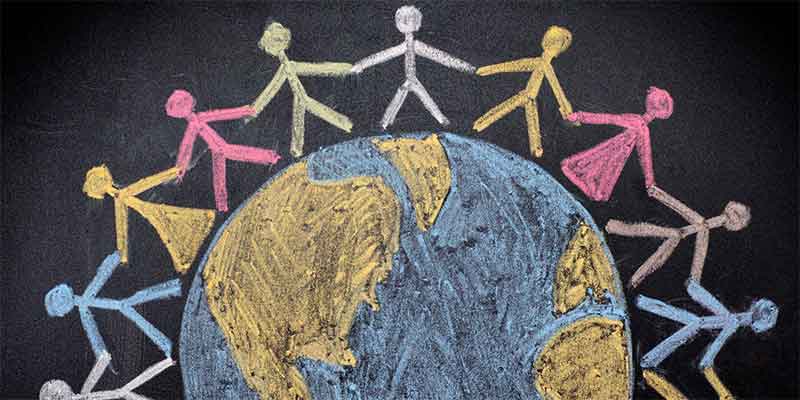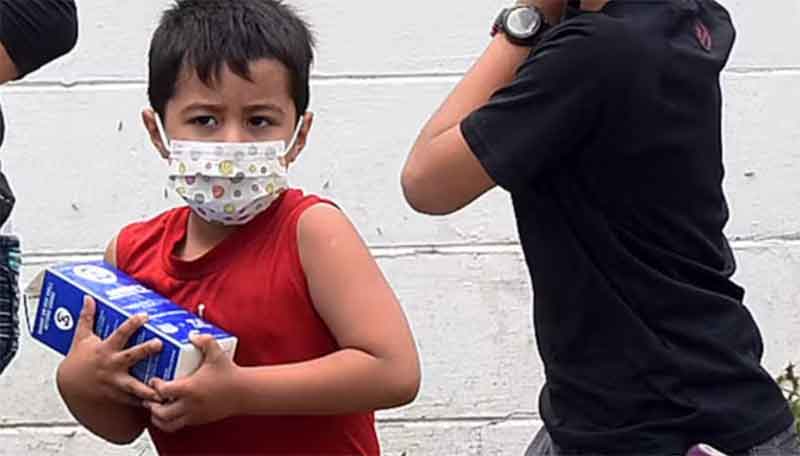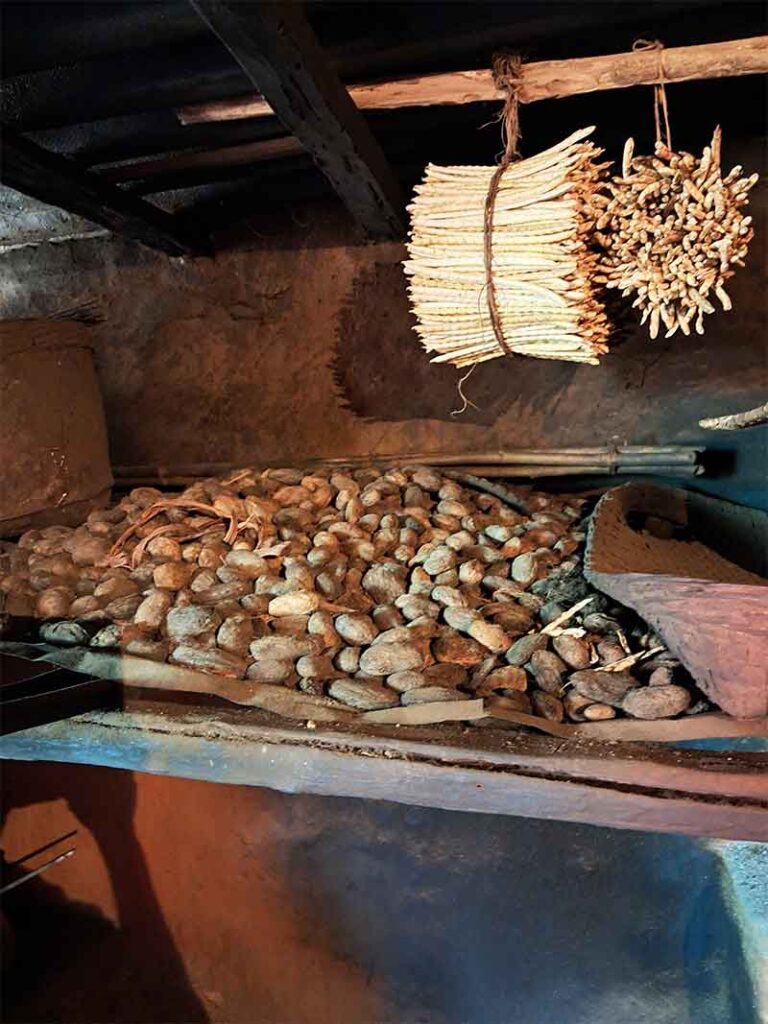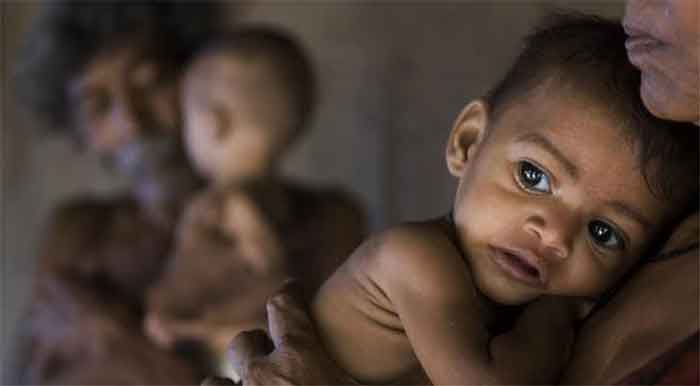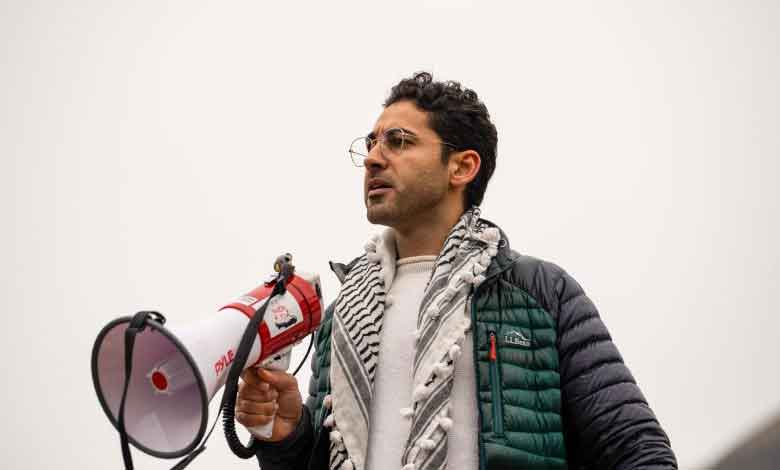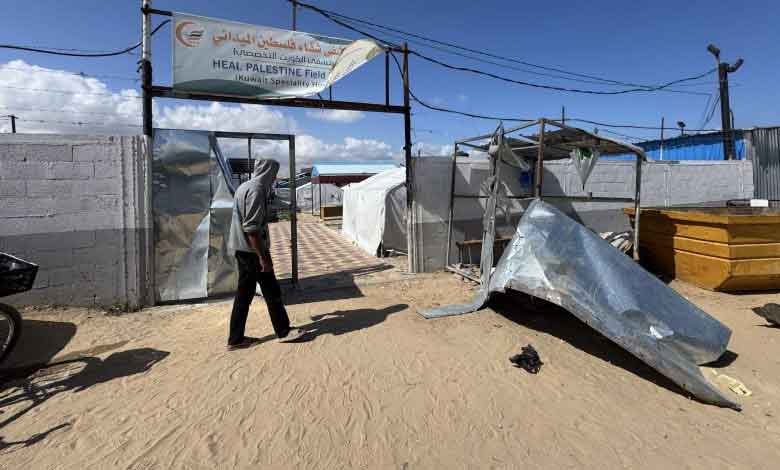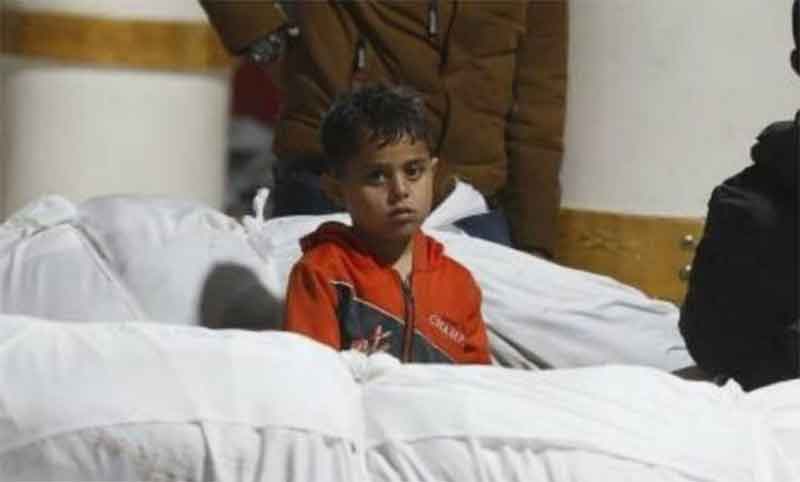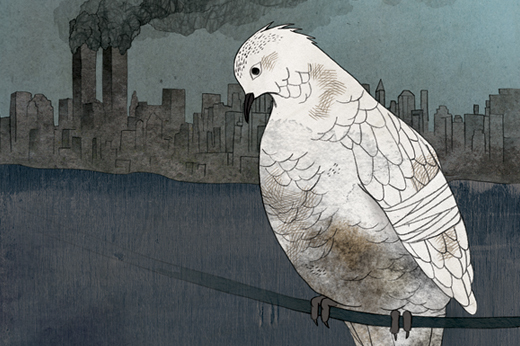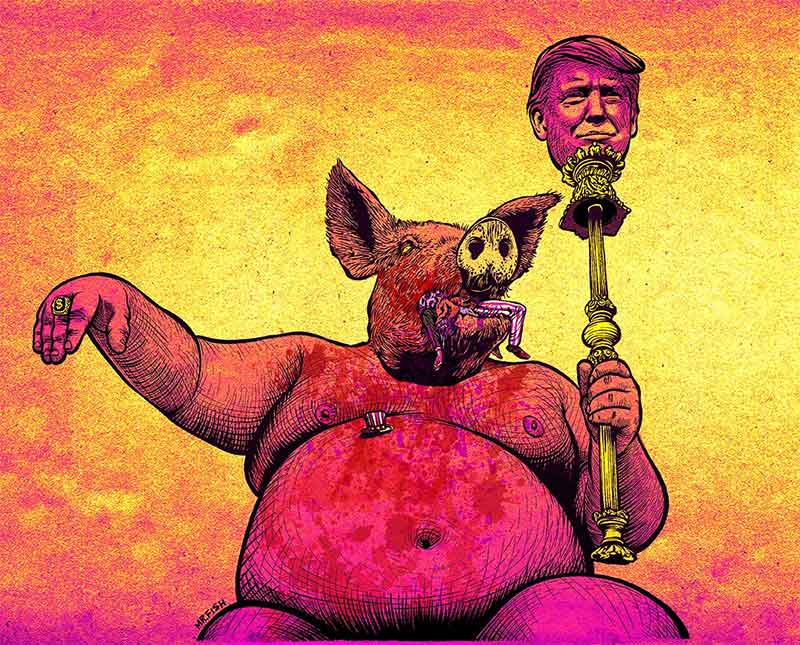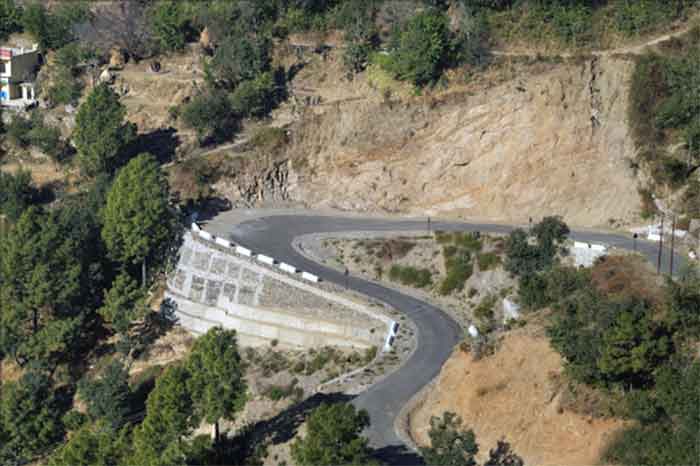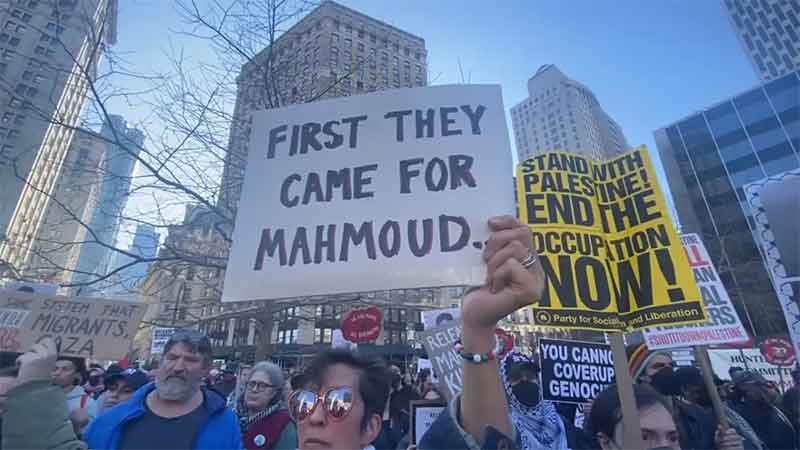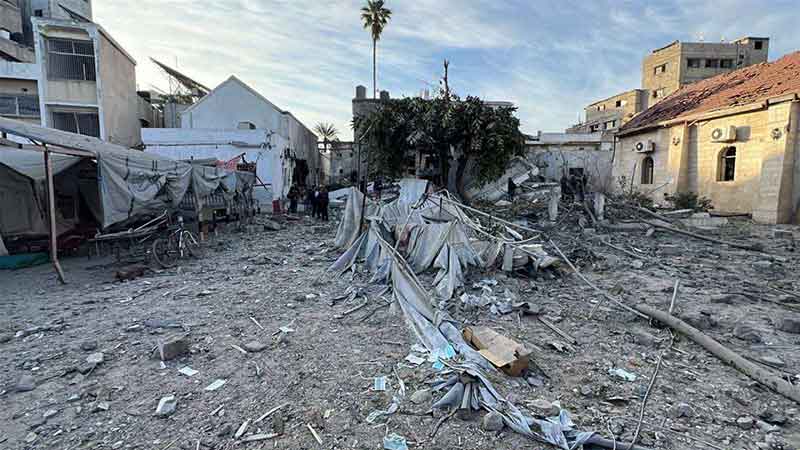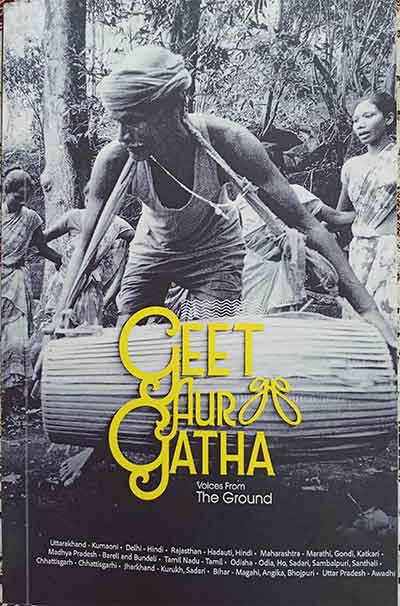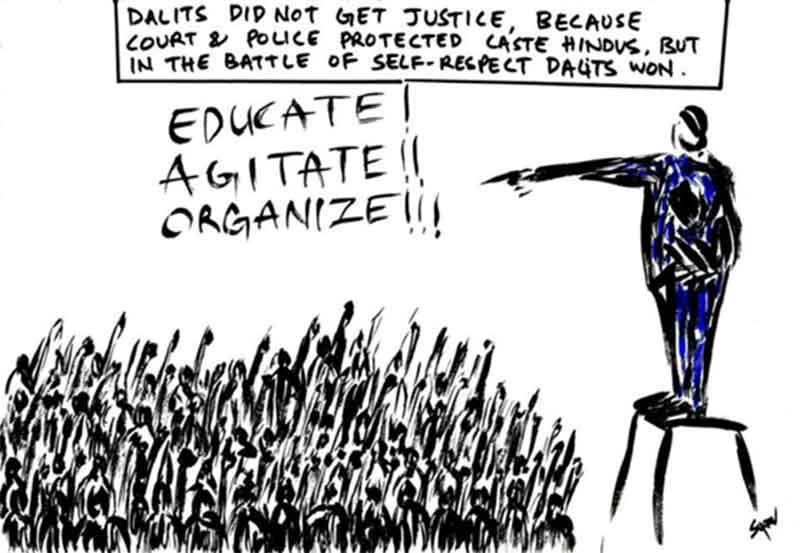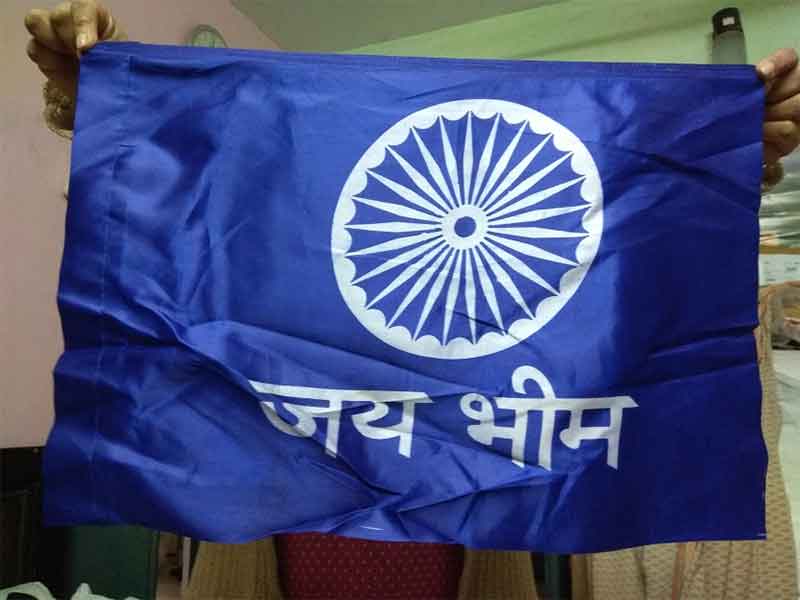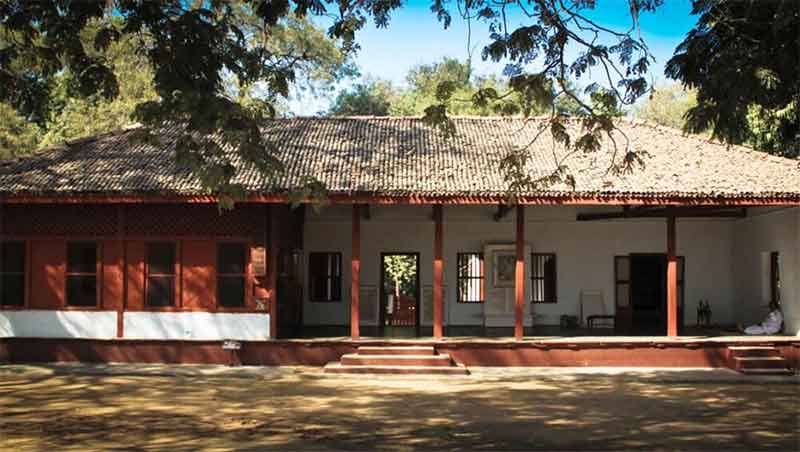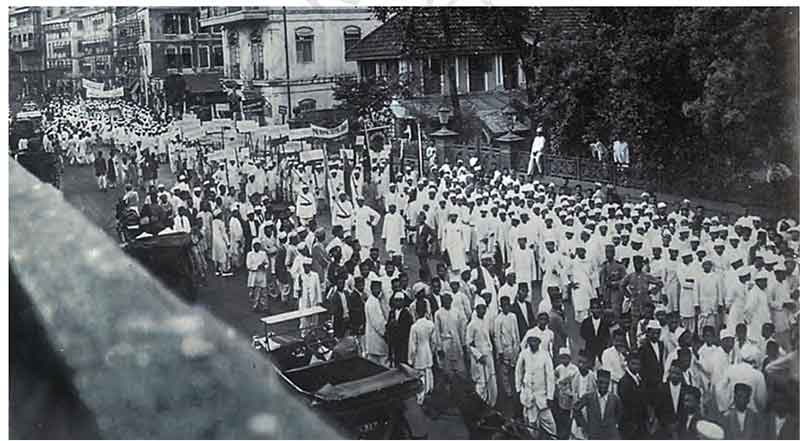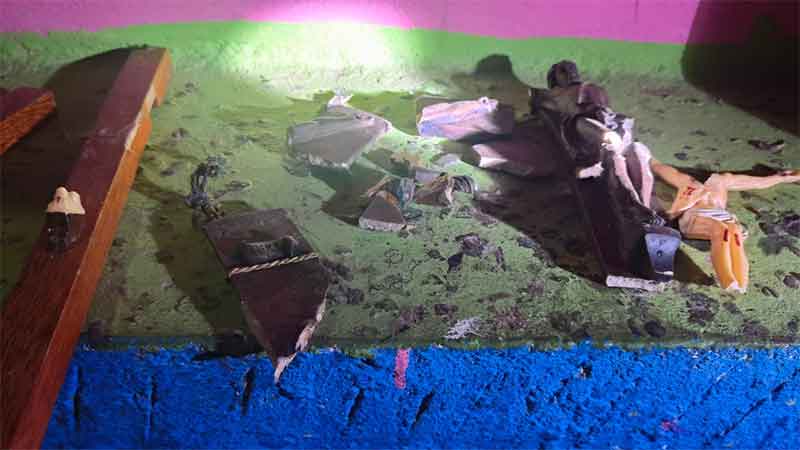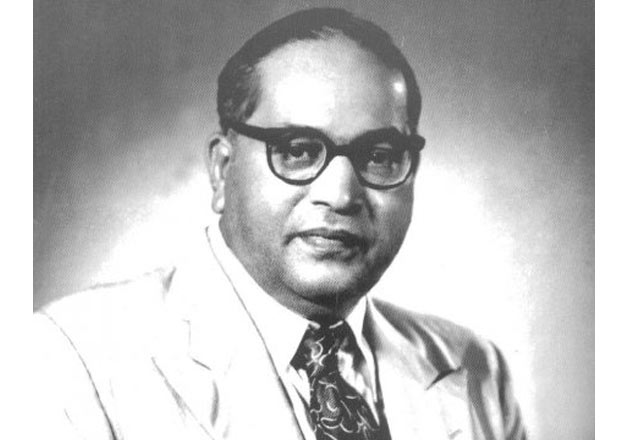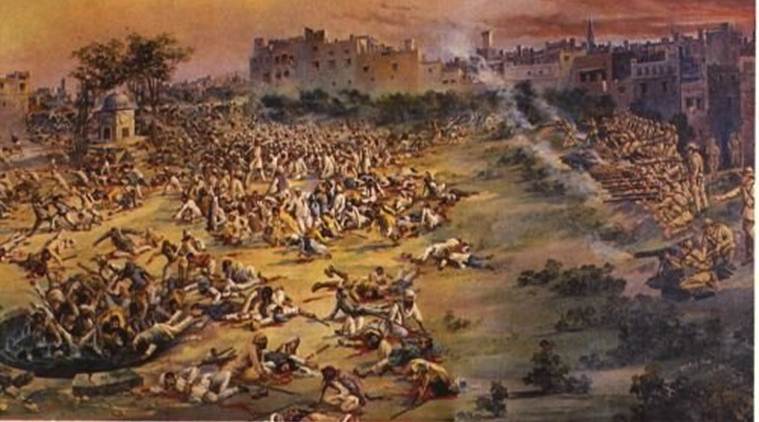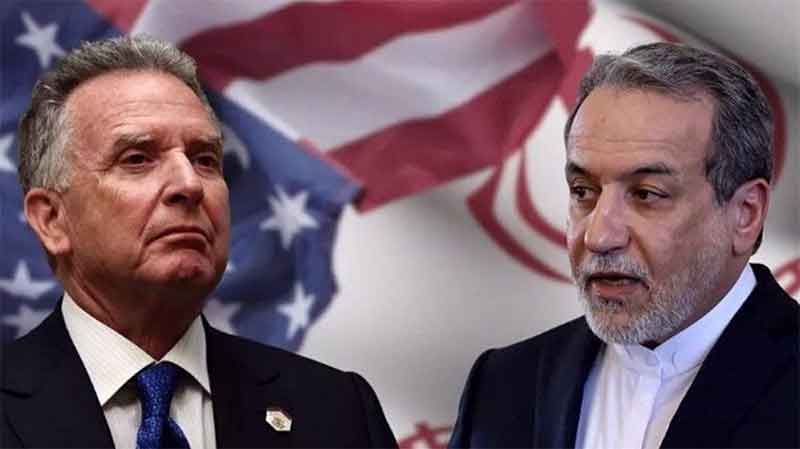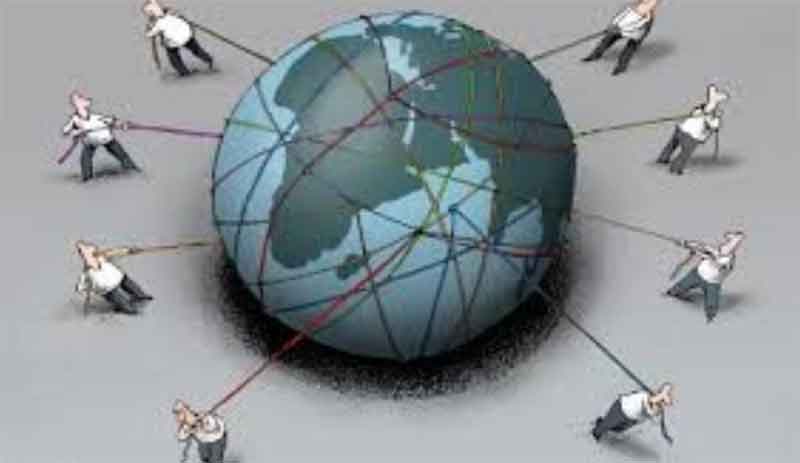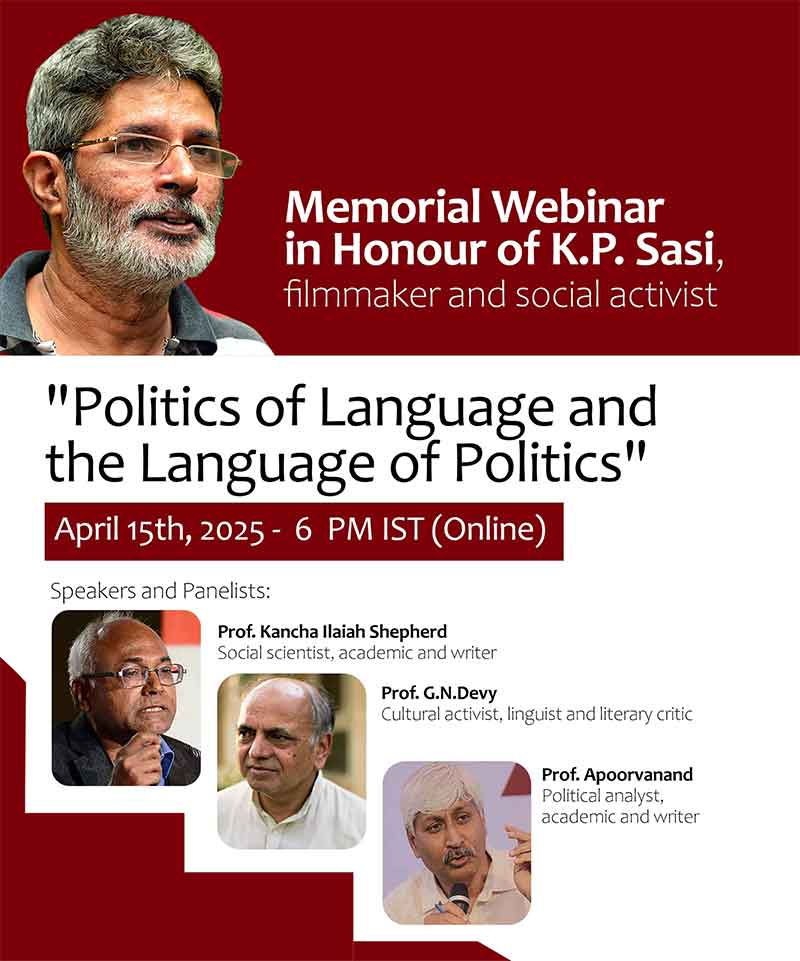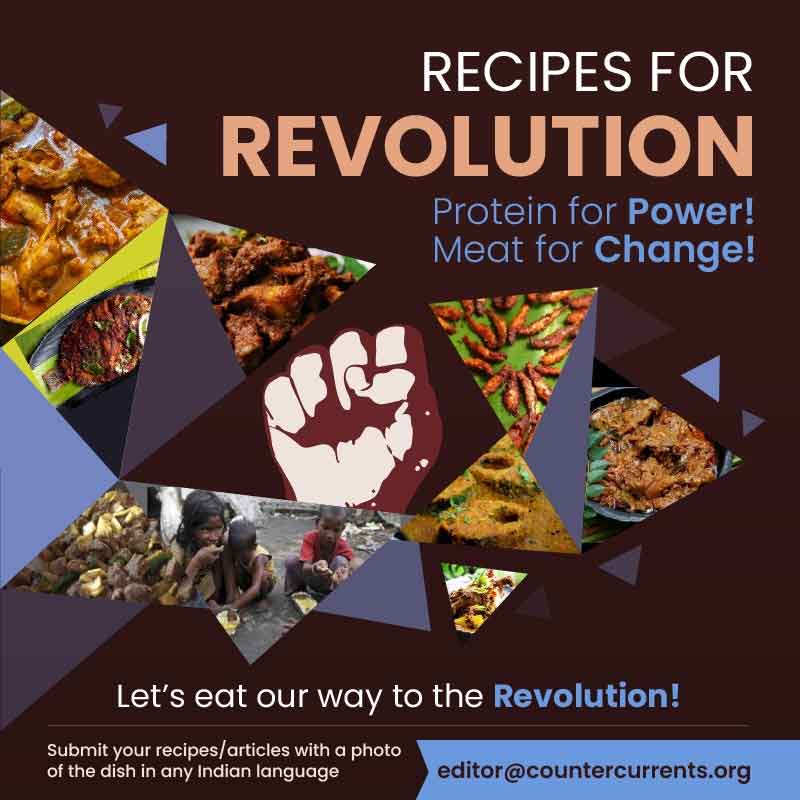
Angola has experienced a high growth rate in recent times. It has been reasonably stable politically. Angola has significant oil deposits and exports. It also has gold and diamonds, not to mention copper.
At the same time Angola has one of the highest infant mortality rates and one of the lowest life expectation in the world. There is a serious humanitarian crisis in the country. Recent estimates of leading humanitarian agencies say that nearly 7.3 million people, particularly in three provinces in the southern part of the country, need humanitarian assistance. As the total population of the country is about 37 million, this means that almost one-fifth of the population needs humanitarian assistance. This makes Angola one of the countries with the highest percentage of people needing humanitarian assistance, although the name of this country is often missing in the lists of countries that most need humanitarian assistance and the humanitarian crisis here is seldom in news.
Angola experienced a serious drought in 2022 and has been more generally affected by increasing droughts and floods. Some of its worst affected people have crossed over to Namibia, while Angola also hosts refugees from the Democratic Republic of Congo.
Government revenues and high growth rate are highly related to oil and mineral exports, not to broad-based growth.
However to fully understand the vulnerability of the country and its people, we must look at the history of this former Portuguese colony. While the Portuguese intruders first established ties with local collaborators for slave trade, later they made Angola their colony which was subjected to ruthless exploitation, using forced labor, forced cultivation and high taxes. This colonial rule continued longer than in several other countries and Angola could become independent only in 1975 after a long struggle. However soon after independence Angola was embroiled in a very violent and bloody civil war as a rebel force UNITA opposed the UN-recognized government headed by the MPLA. While the MPLA was supported by the Soviet Union and Cuba, a legacy of the anti-colonial struggle, UNITA, which also including mercenaries, received a lot of military help from South Africa (then led by an apartheid regime) and the USA (which also supplied a lot of landmines to the rebel force.
This civil war greatly destroyed the development potential of the newly independent country. The famous doctor-activist David Werner who visited Angola at that time reported on the conditions prevailing here for The Third World Network. He wrote that the for a decade the USA, which had broken diplomatic relations with the MPLA-led government and imposed sanctions on it, had instead “given millions of dollars of assistance, much of it in the form of military hardware, explosives and training in the tactics of low intensity conflict to UNITA…”
He further wrote, “The huge number of displaced people (in Angola) is no accident. It is part of the strategy of low intensity conflict…Far from respecting the ceasefire, UNITA has taken advantage of the Cuban withdrawal to step up its attacks. Almost every day that I was in Angola there were reports of bombings and attacks, many on civilians. Entire villages have been uprooted, with the survivors fleeing in every direction…According to the United Nations Commission for Africa the ongoing war in Angola sustained by South African and US military aid to their proxy forces cost the country $ 30 billion and took 500,000 ( half a million) lives between 1980 and 1988. The Red Cross has so far counted 55,000 people disabled by the war, but the true figure is probably much larger. At least half of those killed have been women or children. If we add to this the number of children who have died or become disabled because of malnutrition, disrupted water supply, aborted immunization campaigns, displacement of families and emotional trauma the figures become even more staggering.”
It is important to keep in mind this devastation suffered in the past, the lingering impacts of landmines and the disabilities caused by them, the inability to cultivate a lot of land during the civil war and the covering of a lot of fertile land by landmines to understand the continuing problems of people in meeting food and other essential needs, accentuated by increasing droughts and floods.
It is disturbing therefore to know that the humanitarian response is substantially underfunded. The resources and efforts for an adequate humanitarian response should be substantially increased.
Bharat Dogra is Honorary Convener, Campaign to Save Earth Now. His recent books include Protecting Earth for Children, Man over Machine, Planet in Peril and A Day in 2071.

